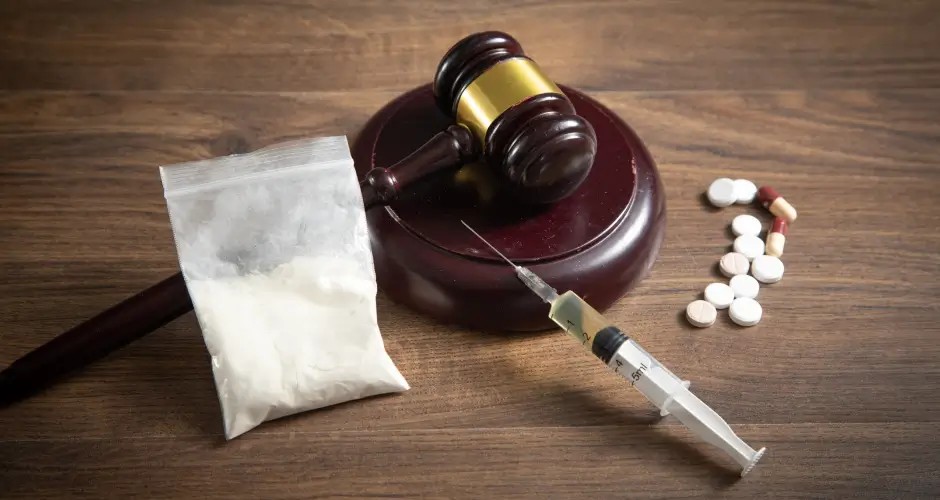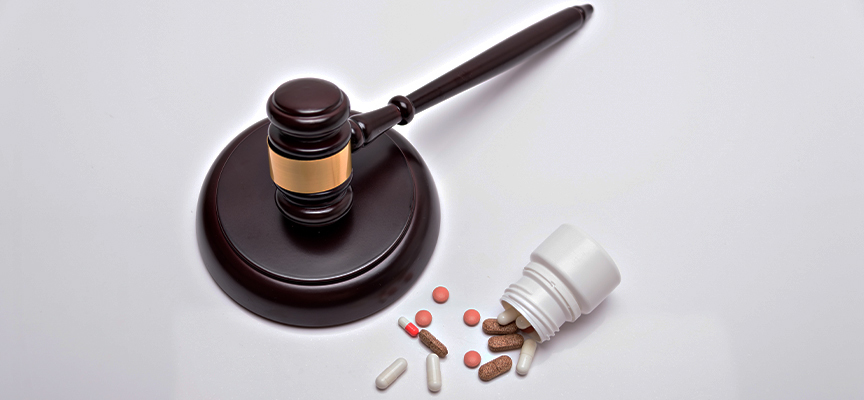Defending Drug Charges: Legal Strategies in Vietnam
Facing drug charges in Vietnam can be a daunting experience, with legal consequences that can significantly impact an individual’s life, reputation, and future. The legal framework surrounding drug offenses in Vietnam is strict and carries severe penalties, including lengthy prison sentences and substantial fines. Understanding the legal strategies available for defending against drug charges is essential for anyone accused of such crimes. This article explores the key aspects of drug charges in Vietnam, effective defense strategies, and the important role of a criminal defense lawyer.
Overview of Drug Laws in Vietnam
Vietnam has implemented strict drug laws as part of its commitment to combat drug-related issues. Key features include:
- Legal Framework: The Law on Drug Prevention and Control governs drug offenses, emphasizing a zero-tolerance policy towards drug trafficking, possession, and distribution.
- Penalties: Penalties for drug crimes are severe:
- Possession of Small Quantities: Individuals caught possessing small amounts of illegal drugs may face imprisonment, fines, or rehabilitation orders.
- Trafficking Charges: Drug trafficking carries harsher penalties, including long prison sentences ranging from several years to life imprisonment, and even the death penalty in cases involving large quantities of narcotics.
- Zero Tolerance Policy: The Vietnamese government has adopted a stringent approach to drug offenses, aiming to deter drug-related crime and promote public safety.

Common Drug Charges in Vietnam
Drug charges can take various forms, each carrying different legal implications:
- Possession: Being caught with illegal drugs, whether for personal use or distribution, can result in serious consequences.
- Trafficking: Charges involving the production, distribution, or sale of illegal drugs face more severe penalties, often including substantial prison time.
- Manufacturing: Producing controlled substances is considered a serious offense, often resulting in harsh sentences.
Legal Strategies for Defending Drug Charges
When it comes to defending against drug charges in Vietnam, several legal strategies may be employed:
1. Thorough Investigation of Evidence
- Challenging the Evidence: An experienced drug crime lawyer can conduct a thorough investigation into the circumstances surrounding the arrest and collection of evidence. This includes scrutinizing police procedures, evidence collection methods, and any potential violations of rights that may impact the admissibility of evidence.
- Witness Testimony: Gathering witness testimonies can provide crucial context and support the defendant’s version of events. Witnesses may attest to the circumstances of the arrest, ownership of the drugs, or lack of intent to distribute.
2. Establishing Lack of Knowledge or Intent
One effective defense strategy is to argue that the defendant did not possess knowledge of the illegal substances or did not intend to engage in criminal activity:
- Non-Ownership Claims: If the drugs were found in a shared vehicle or property, the defense may argue that the defendant had no knowledge of their presence and, therefore, could not be held responsible.
- Intent to Distribute: In trafficking cases, proving lack of intent is essential. If the accused can demonstrate that the drugs were intended for personal use, it may lead to reduced charges or penalties.
3. Procedural Defenses
Challenging the legality of the arrest or the methods used by law enforcement can serve as a strong defense:
- Unlawful Search and Seizure: If law enforcement did not have probable cause or a legitimate warrant for the search, any evidence obtained may be deemed inadmissible. This can significantly weaken the prosecution’s case.
- Violation of Rights: If the defendant’s rights were violated during the arrest or interrogation, it may lead to challenges regarding the admissibility of confessions or evidence obtained.
4. Mitigating Circumstances
In some cases, introducing mitigating factors can lead to reduced charges or lighter sentences. Key points to consider include:
- Personal Circumstances: Factors such as drug addiction, age, or lack of prior criminal history may lead the court to consider rehabilitation rather than strict punitive measures.
- Cooperation with Authorities: If the defendant cooperates with law enforcement, such as providing information about larger drug operations, this cooperation may be presented in court to leverage leniency in sentencing.
5. Seeking Alternatives to Incarceration
In certain cases, particularly for first-time offenders or individuals with substance abuse issues, the defense may pursue alternative solutions to incarceration:
- Rehabilitation Programs: Proposing rehabilitation or treatment options can demonstrate the defendant’s willingness to address underlying issues, potentially persuading the court to give a more rehabilitative rather than punitive sentence.
- Community Service: In some instances, negotiating for community service or probation instead of jail time may be an option, although it is contingent on the specifics of the case and judicial discretion.

The Role of a Drug Crime Lawyer
Engaging a qualified drug crime lawyer is crucial for individuals facing drug charges in Vietnam. Their expertise and advocacy provide several significant advantages:
1. Legal Expertise
Drug crime lawyers possess in-depth knowledge of local drug laws, allowing them to offer precise guidance tailored to the specifics of each case.

2. Case Strategy Development
Attorneys help formulate effective defense strategies based on the facts of the case, applying their expertise to identify the most appropriate legal arguments.
3. Representation in Court
A skilled attorney advocates for clients during all stages of the legal process—negotiation, trial, and sentencing—ensuring that their rights are protected.
4. Access to Resources
Lawyers often have access to expert witnesses, investigators, and other resources that can strengthen the defense and provide critical support.
Best Practices for Navigating Drug Charges
- Act Promptly: If charged with a drug offense, immediately engage legal counsel to begin developing your defense strategy and to ensure your rights are preserved.
- Maintain Confidentiality: It is essential to keep your communications with your lawyer confidential and avoid discussing the case with anyone else.
- Gather Evidence: Be proactive in collecting any evidence that may support your case, including documents, photos, and witness contact details.
- Follow Legal Advice: Trust your lawyer’s guidance and remain cooperative during the legal process, as following their advice can significantly affect the case’s outcome.
- Seek Support: Facing drug charges can be emotionally taxing. Seek support from trusted friends or professionals who can help you navigate the process.

Conclusion
Navigating the complexities of drug charges in Vietnam requires a comprehensive understanding of the legal landscape and an effective defense strategy. Engaging a knowledgeable drug crime lawyer can significantly enhance the prospects of a favorable outcome, whether through court representation, negotiations, or pursuing alternative resolutions. By understanding the legal frameworks, recognizing potential defenses, and taking proactive measures, individuals can protect their rights and interests throughout the litigation process. Ultimately, a well-informed approach to defending against drug charges can make a substantial difference in the outcome of a case, safeguarding personal freedom and preserving future opportunities.
